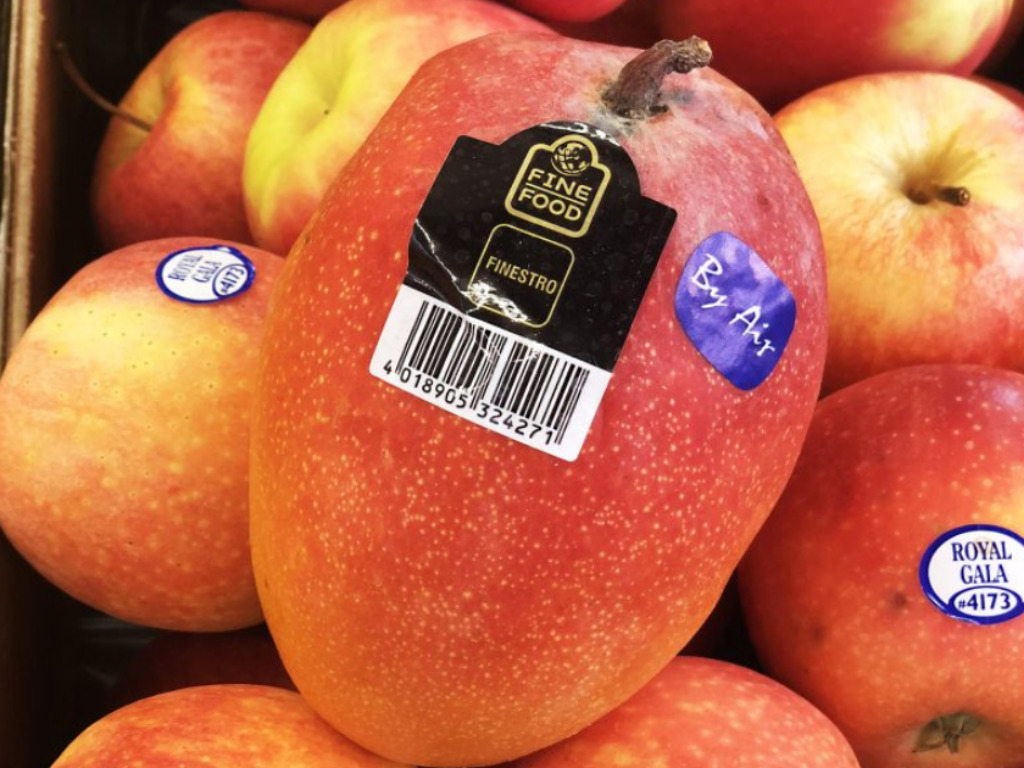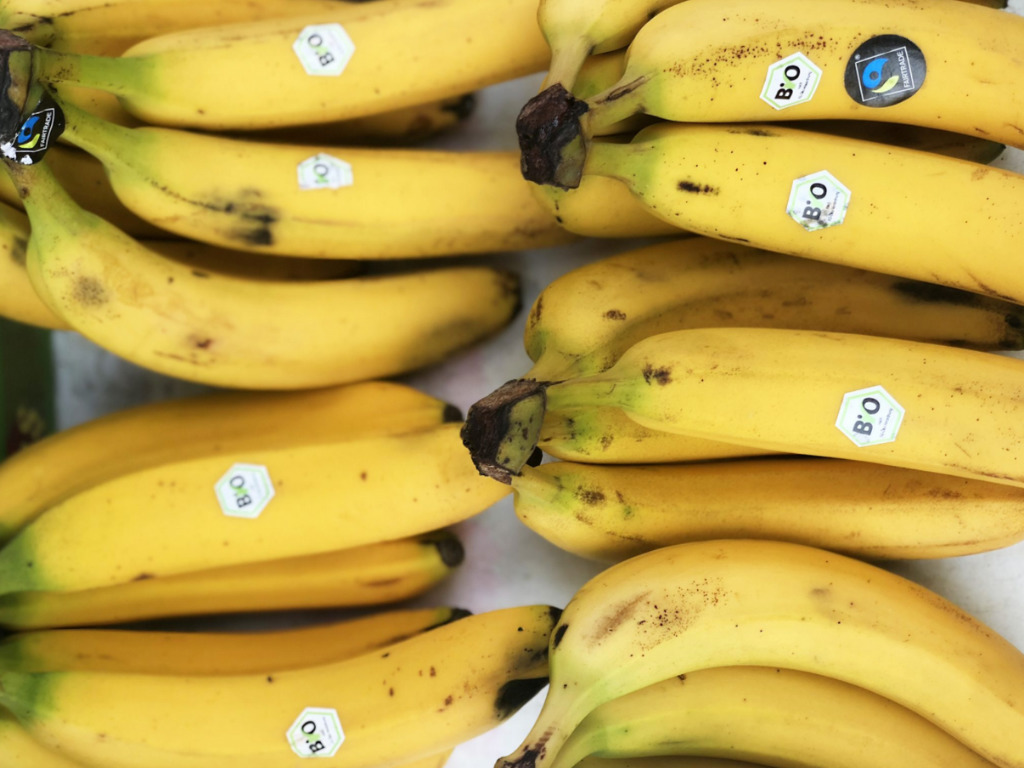3 Mins Read
Waste disposal and recycling experts are calling for a ban on plastic stickers that accompany fruit produce. They highlight the unnecessary usage of the sticker and how it ends up in landfills further worsening the plastic crisis.
Fruitless waste
According to Great British Apples, nearly 122,000 tonnes of apples are consumed every year in Britain alone, with 29 million apples sold each week. This, along with other fruits that are accompanied by stickers like bananas, avocados, and pears, contributes to 100 million pieces of waste ending up in landfills every week.
U.K.-based waste management company Business Waste, waste disposal, and recycling experts have urged for a ban on these stickers.
“It’s quite literally a fruitless waste,” said a spokesperson for Business Waste, Mark Hall in a statement. “These stickers are removed immediately, thrown in the bin or littered in parks on picnics, and they find their way to landfill. The fruit has its own packaging as provided by Mother Nature – why on earth do we find it necessary to pop a bit of plastic on to make a healthy snack into an environmental hazard?”

The fruit has its own packaging as provided by Mother Nature – why on earth do we find it necessary to pop a bit of plastic on to make a healthy snack into an environmental hazard
Mark Hall, spokesperson for Business Waste
Consumers find the stickers unnecessary
In a survey conducted by the company, out of 2600 respondents, 94% stated that the stickers were a complete waste. One of the respondents shared that the stickers land up on other items as well, and sometimes even clog the washing machine or the dishwasher, emphasizing it is a ‘nightmare’.
The stickers are usually created out of a thin layer of plastic, such as vinyl. Companies use this material as they claim it offers more resistance against water and can last through the transportation and packaging process.
Are stickers really needed?
Companies use these stickers for branding purposes. For instance, Pink Lady, which is the brand name for an apple grown in Australia, Cripps Pink features its heart-shaped stickers on the produce to help consumers recognize that it is the famous product from this brand itself.
Hall added: “When you see Morrisons selling a single banana – a fruit that comes in its own protective skin – in a non-recyclable tray with single-use wrap, you know we’ve reached an unnecessary level of packaging. Fruit stickers aren’t biodegradable, can’t be recycled, and do nothing that signage around the shelves or options on the tills for checkout workers couldn’t do.”
Apart from branding, clerks use it to track inventory and at checkout counters to identify what product it is and how much does it cost. They carry price look-up (PLU) codes showcasing a four or five-digit number which is finalized by the International Federation for Produce Standards.
Fruit stickers aren’t biodegradable, can’t be recycled, and do nothing that signage around the shelves or options on the tills for checkout workers couldn’t do
Mark Hall, spokesperson for Business Waste
In addition, the stickers sometimes end up in compost bins with composting companies calling this the worst contaminant compared to all the other non-biodegradable items that end up in their chain.
“Fruit is brilliant and we aren’t discouraging that – we should all be getting our five a day! – but we urge retailers and produce growers to innovate and find new ways to market their products. There must be a better way, and it doesn’t involve creating pointless pieces of plastic to stick onto food,” concluded Hall.
There have been several ideas to replace this kind of branding, like using edible barcodes on the fruits. A Swedish supermarket has gone one step further and started laser printing barcodes on its avocados and sweet potatoes and when it started in 2017, it claimed that it could save 750,000 plastic stickers for avocadoes in 2017 alone.
Read: The 6 Most Exciting Packaging Startups Helping Solve The Plastic Waste Crisis
Lead image courtesy of Anna Lewandowska.




